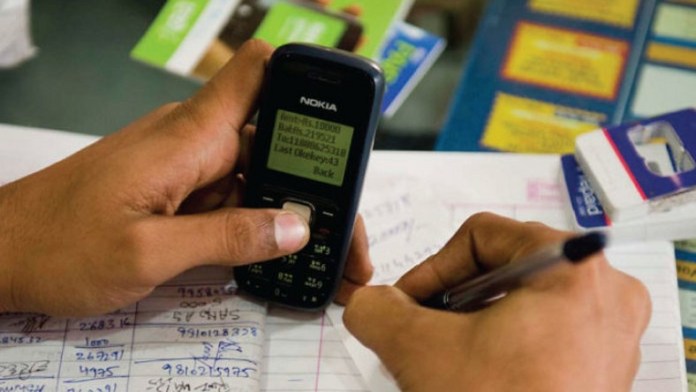
Accra, Ghana//-Mobile money (MoMo) has been central to Africa’s major financial inclusion gains since its inception in the early 2000s, tackling poverty, accelerating economic growth, and improving overall health and wellbeing.
Stephen Chege, Vodacom Group Chief Officer Regulatory and External Affairs argued in an executive summary of a paper titled-‘Unpacking the Implications of Mobile Money Taxation in Africa’.
The 2021 Findex report noted that mobile money accounts contributed to an 8% increase in account ownership in developing economies from 2014 to 2021 and that the top barriers to financial inclusion are also the top barriers to possessing a mobile money account.
This demonstrates the importance of mobile money in increasing financial access and improving users’ lives, hence boosting the digital economy. During the Covid-19 pandemic, mobile money and other digital financial services successfully built resilience and ensured safe and efficient payments.
This recent success and widespread impact have re-ignited the trend of taxes on mobile money transactions in various countries across the well-intended consequences Mobile money accounts contributed to an 8% increase in account ownership in developing economies from continent.
To meet their revenue targets and repair their balance sheets in the aftermath of Covid-19, one approach has been the governments’ increased mobile money taxes/levies to recover these losses and improve future government cash flow.
Notwithstanding that taxation increases may be inevitable, our paper finds that taxation misaligned with best practice, for example, micro-taxation on specific services like mobile money levies, would do more harm than good and should be avoided.
In this paper, “we note that mobile money taxation through the imposition of levies, although well-intended, may have significant negative consequences on those it stands to benefit the most; the low-income earners who are most sensitive to transaction costs”, he warned.
The paper, therefore, delves into the motivations for these tax provisions, explores and highlights the undesired and unintended consequences of imposing taxation on mobile money transactions, and proposes broader policy recommendations and alternatives for government authorities to explore.
“We present country-specific impact analyses of these tax provisions on mobile money services, users, and transactions, and submit that the adverse impacts on the financial inclusion objectives across the continent will be difficult, if not impossible, to overturn”, Mr Chege said.
This paper also presents fundamental taxation best-practice principles to guide the pursuit of alternative tax sources as a substitute for the tax on mobile money that will have the most benign effect on investment, consumers, and the economy at large.
Well-intended consequences
Mobile money accounts contributed to an 8% increase in account ownership in developing economies from 2014 to 2021.
Broadening the tax base to capture economically active individuals and entities that are not registered taxpayers and improving collection competence are ways of increasing collections.
This should be the preferred approach to tax implementation, rather than introducing new taxes that add to the burden on those who already pay their fair share and who could be disproportionately impacted by these taxes.
Mr Chege added: “We ultimately find that the detrimental impact of mobile money taxation presents a sound policy ground for the removal and/or stark reduction of mobile money levies in all applicable markets”.


